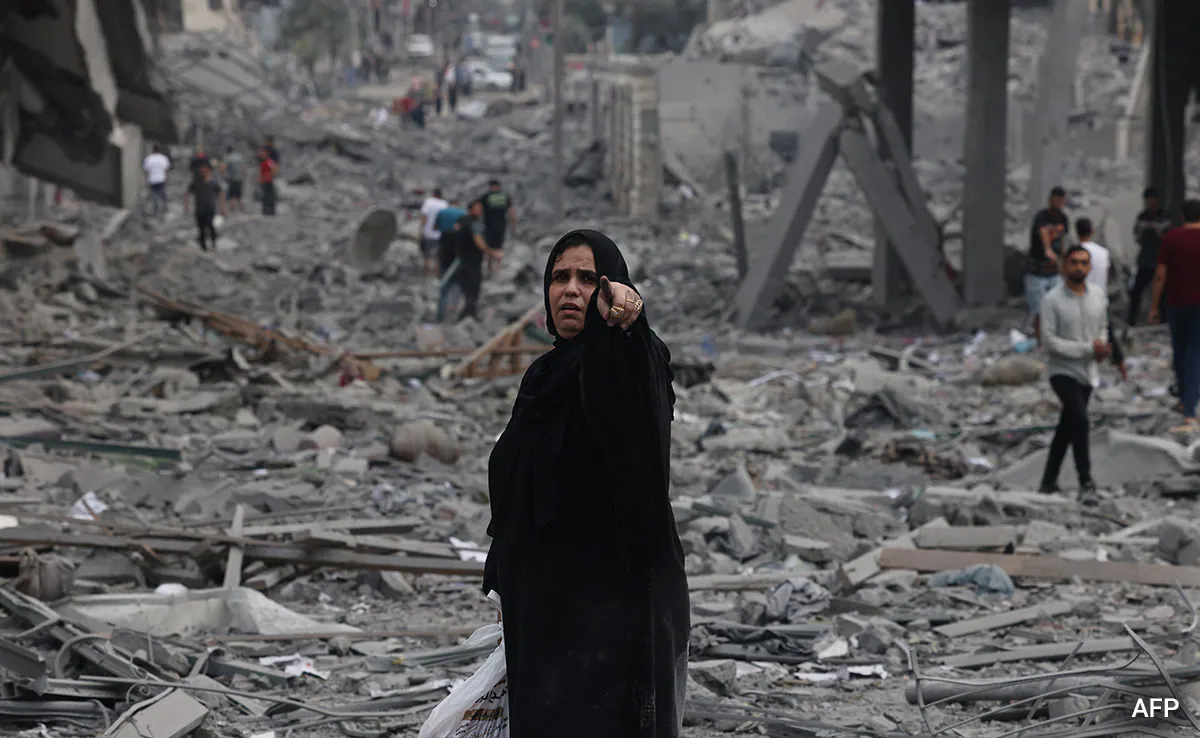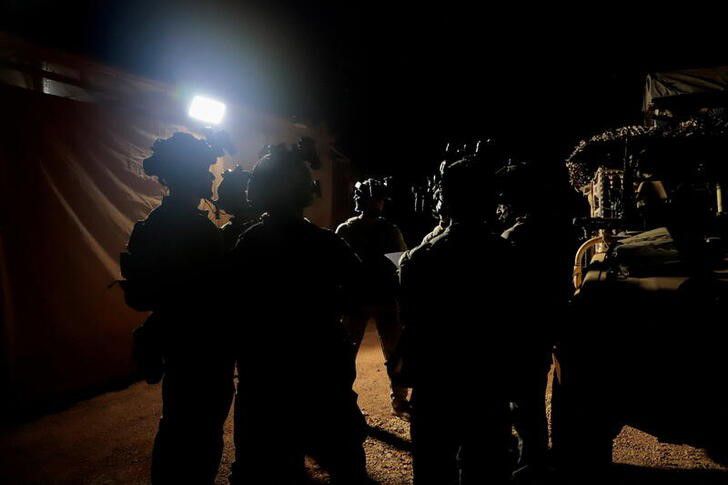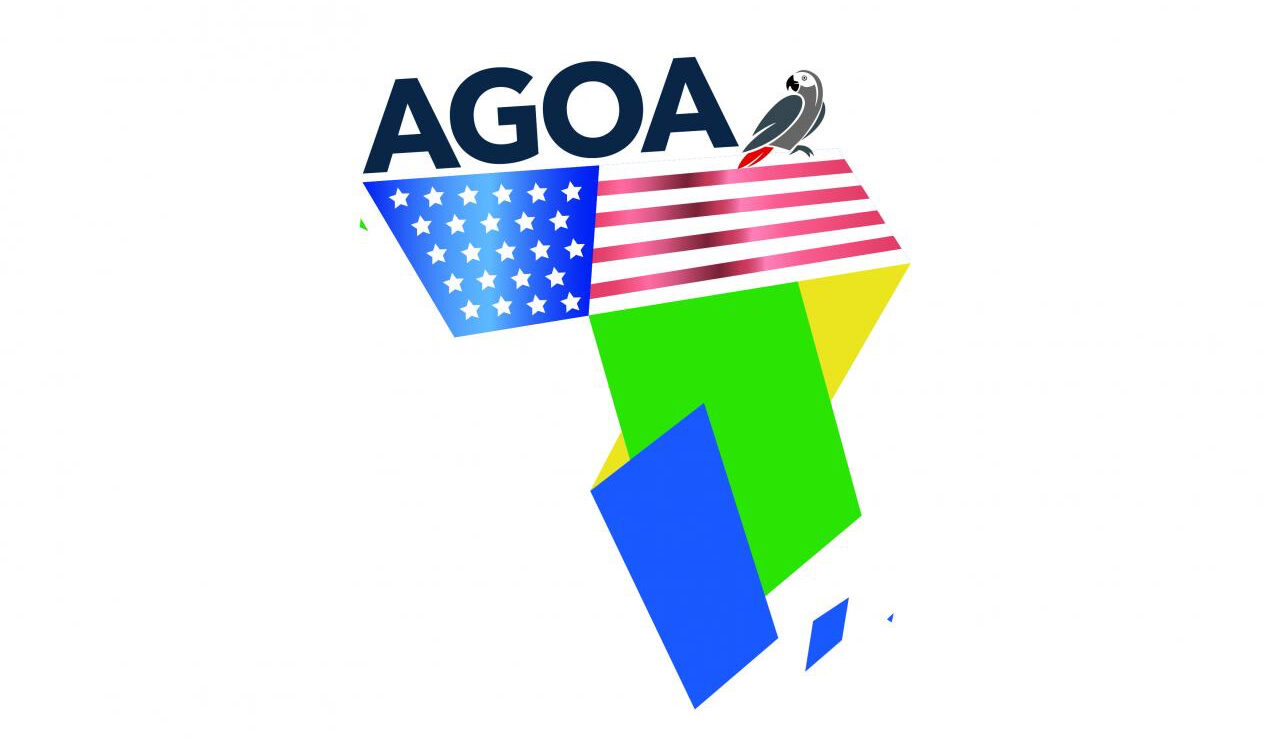South Africa’s top diplomat has called on Israel to stop “this real crime against humanity” unfolding in Gaza, pointing to “very clear similarities” between Israel’s occupation and the system of apartheid in her country, just as experts highlight the hypocrisy in the largely failed push by the United States to cajole African governments into taking sides in the Ukraine war.
The world has seen enough of the tragedy in Gaza and it is time for countries to use their influence over Israel to put a stop to “this real crime against humanity”, South African Foreign Minister Naledi Pandor has said. On 6 November, Pretoria became one of the few countries to cut ties with Israel, citing civilian deaths in Gaza and what Pandor called “collective punishment” of Gazans by Israel and what her government has also framed as “genocide.” Two days earlier, Chad had recalled its chargé d’affaires from Tel Aviv, calling for a “ceasefire leading to a durable solution of the Palestinian question.” “We are appalled at how this horror and tragedy that is unfolding continues to get worse and worse,” Pandor also said and noted that Pretoria may refer Israel to the International Criminal Court (ICC) for its actions in Gaza.
Meanwhile, as an increasing number of countries are breaking or at least downgrading ties with Israel, further alienating the Global South — including Africa — is high on the US’ list of the many diplomatic risks Washington is facing amid the ongoing Israeli war on Gaza. According to Alex Thurston, Professor of Political Science at the University of Cincinnati, African governments have virtually all voiced their opposition to Israel’s bombardment and invasion of Gaza, which stands in sharp contrast with their sometimes ambivalent attitudes on the Russian aggression against Ukraine. “Meanwhile, amid both the Ukraine war and the crisis in Gaza, some Africans feel that the continent’s own conflicts and tragedies have been ignored, a dynamic that veteran observers have warned about as well,” Thurston argues.
Unlike the more distant war in Ukraine, the situation of Palestine evokes numerous solidarities all across Africa: ethnic, religious, political, and more. Those solidarities are growing amid the present conflict, undoing some of Israel’s diplomatic gains and posing long-term challenges to Washington’s own diplomatic clout. To that end, Washington may thus find it increasingly difficult to convince African leaders and the public that the US represents a particular set of universal values, Thurston concludes.



